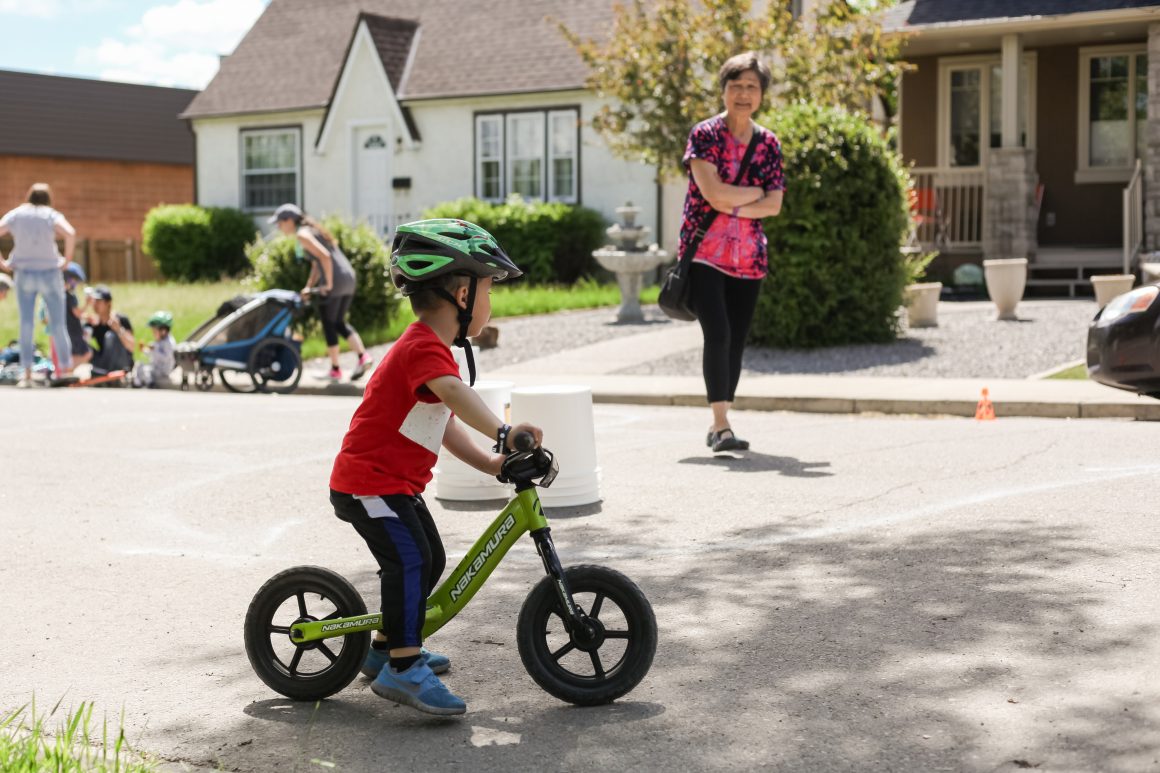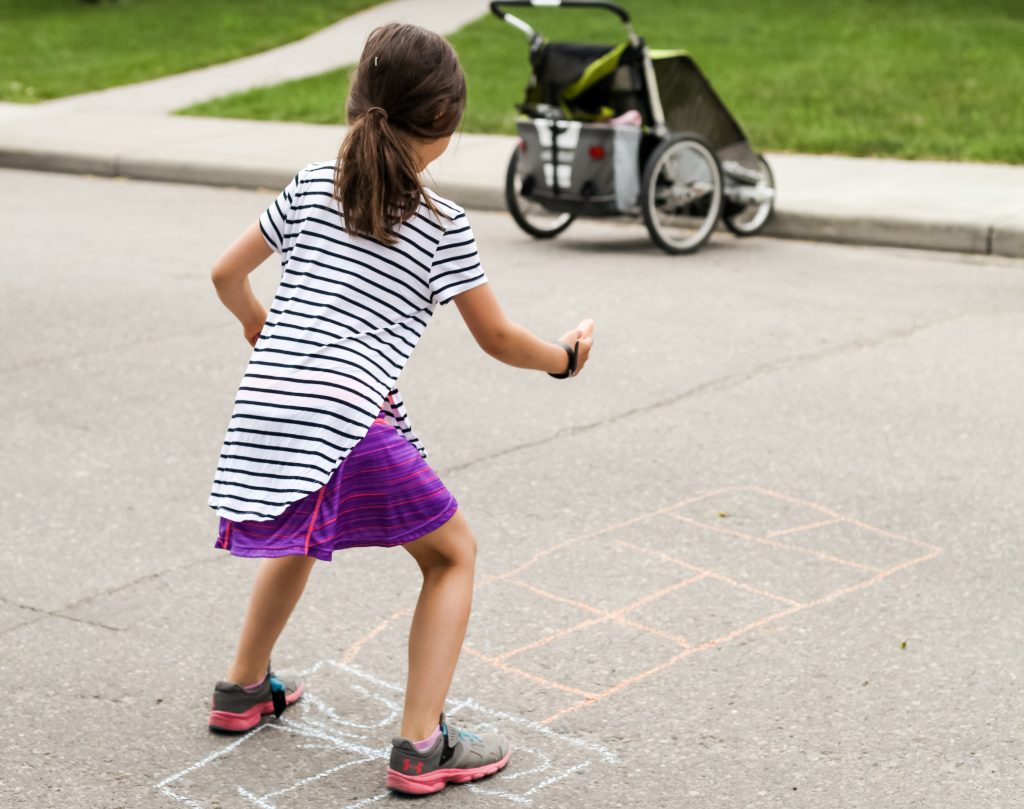
Webinar review: How COVID-19 is impacting children
By Sophia Lopez, June 12 2020 —
Seeing the rise of COVID-19 in Canada has definitely caused us to evaluate the way we’re quarantining, especially those with children. During the Anatomy of a Pandemic webinar held by the O’Brien Institute For Public Health, Jim Kellner, MD and Deinera Exner-Cortens, PhD, MPH, discussed how COVID-19 is impacting children’s physical and mental health.
Kellner — a pediatrician and a professor at U of C — discussed the physical health of children regarding COVID-19.
“A confirmed case is somebody who has symptoms and has a positive test,” said Kellner. “A probable case is when you have clinical illness and you are epidemiologically linked to a lab confirmed case, so this would be typically a household contact. […] The usual symptom complexes that you see in children are either asymptomatic, no symptoms at all, and upper respiratory tract infection (URTI), or pneumonia.”
Kellner says these are the most common scenarios by far, and that typical symptoms associated with those include fever, coughing, shortness of breath, sore throat, headache, sore muscles, and even diarrhea.
Overall, Kellner assures us that children contract COVID-19 less often than adults. Although their conditions are much milder than the conditions of adults, there is still a possibility that they may have some sort of inflammatory disease syndromes.
Aside from discussing the physical health of children, Deinera Exner-Cortens — an assistant and adjunct assistant professor at U of C whose work focuses on child and youth health promotion — touched on the importance of mental health during quarantine.
“On any given day, for any given person, we might have really great mental well-being or not be doing so well,” said Exner-Cortens, “and certainly for all of us during this pandemic we’ve been fluctuating along this continuum, and that’s very normal.”
When it comes to children and youth, Exner-Cortens points out that a child’s social setting impacts their mental well-being the most, which are primarily two settings — school and home. She stated how in March, the World Health Organization estimated that, “90% of children were not in school.”

Although school is a place for children to learn, it also can serve a safe place for them. Due to COVID-19, this is taken away from children, which can lead to problems such as domestic violence, or not getting proper meals.
Exner-Cortens recommends parents to actively interact with their children and find ways to help create a balance that mimics that of a regular schedule they would’ve had before the virus.
All in all, Exner-Cortens discusses the importance of keeping up our mental well-being, and that it is okay and normal to feel your mental health shift from time to time. Everyone is in a tough situation at this time and it can sometimes be hard to comprehend or get used to.
Both doctors collectively highlighted valuable information regarding the physical and mental health of children during this pandemic. It is learned that although children face a small chance of contracting the virus and facing symptoms that could lead to death, it is still very important that children take time to care for themselves in a way that benefits their mental health.
To learn more information and keep up to date about COVID-19, visit the O’Brien Institute For Public Health.
